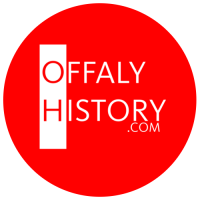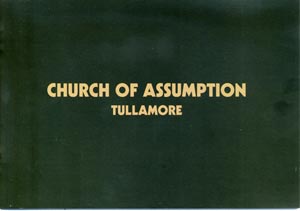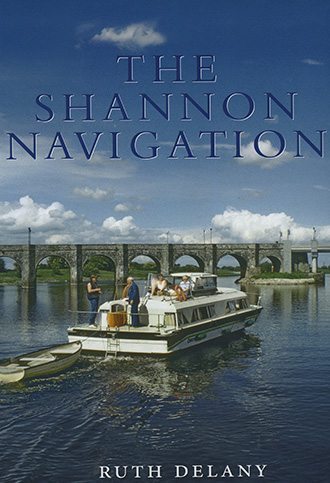Urban Patronage and Social Authority (The Management of the Duke of Devonshire’s Towns in Ireland, 1764-1891)
€50.00
Only 1 left in stock
Description
While scholars traditionally have considered land to be one of the great issues in Irish history, towns, by contrast, have frequently been regarded as the creation of intrusive colonial elites and therefore not fully representative of Irish culture and identity. Even today, despite the recent reinvigoration of Irish historical writing, Irish urban history remains largely neglected by scholars. Very few works have explored the causes and consequences of the widespread urban improvement that occurred throughout the country during the eighteenth and nineteenth centuries.
Here for the first time the traditional historical concerns for landownership and agrarian society are combined with an analysis of the social and demographic structure and functional role of provincial Irish towns. Against the backdrop of the broad economic, social, and political events affecting all of Ireland, Lindsay Proudfoot examines the role played by successive dukes of Devonshire–members of one of the wealthiest English aristocratic families with holdings in Ireland–in promoting the modernization and redevelopment of the five Irish towns they owned in the period between 1794 and 1891. Proudfoot’s work challenges many previously held assumptions about the character of the landowning minority and its role in Ireland’s economic, social, and political history. It is demonstrated that, contrary to what some historians have asserted, landlords were not the supreme arbiters of local life in Ireland, and that the landlord’s choice of action was limited by economic circumstance and local social attitudes and political opinions. Proudfoot also shows that the relationship between successive dukes and their tenants was characterized by a surprising degree of tacit collaboration, as each party sought to profit from the maintenance of what were essentially mutually beneficial tenurial ties. The eventual weakening of these ties owed far more to national events than to any inherent contradictions in the landlord-tenant relationship itself. Urban Patronage opens up new avenues of approach to the study of urban estates in Ireland and in so doing tests and challenges many accepted notions about the actions and motivations of Irish landlords. Because it adds significantly to our understanding of the role and influence of the landed aristocracy in the urban communities of eighteenth- and nineteenth-century Ireland, it will be of particular interest to scholars and advanced students specializing in Irish history, cultural studies, or historical geography.Lindsay Proudfoot is reader in geography at Queen’s University, Belfast, where he has taught since 1977. He has published extensively in the field of Irish historical geography and is the coeditor of An Historical Geography of Ireland (1993).
Additional information
| Weight | .889 kg |
|---|---|
| Dimensions | 23.5 × 15.7 × 3.5 cm |
| Author | |
| Hard Or Paper Back | |
| Pages |




